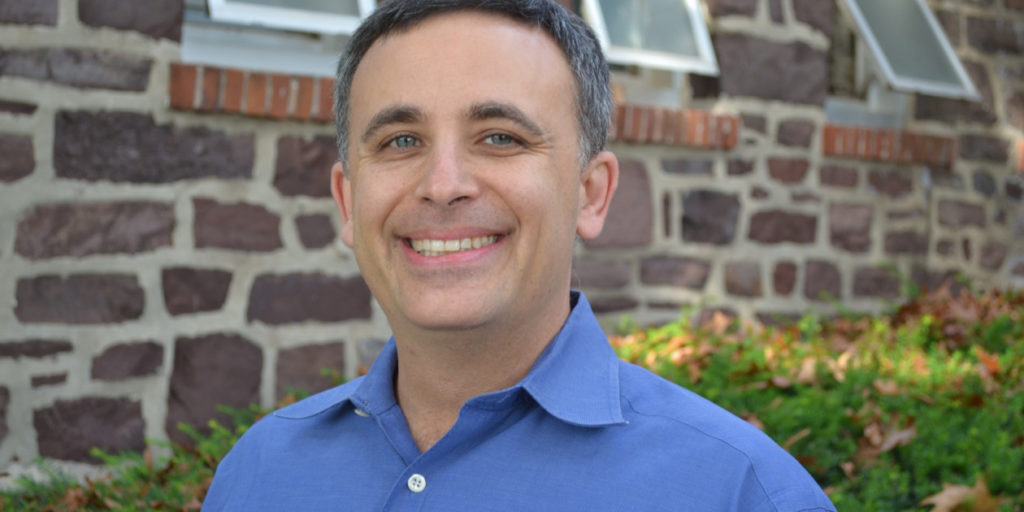“The conservative mood on higher education, never that friendly to begin with, has darkened towards it,” Ursinus College Professor Jonathan Marks describes about the feelings of most conservatives on the state of American universities. The political philosophy professor argues that this is a major problem in his new book Let’s Be Reasonable: A Conservative Case for Liberal Education, one that we cannot afford to ignore.
Marks recently was a guest on the First Things podcast with First Things contributing editor Mark Bauerlein. There, he argued that although many conservatives seem ready to give up on, or perhaps even destroy higher education as an institution, there are still reasons we should remain engaged.
As Marks described, many conservatives “dream less of reform and more of arson” about institutions they view as hopelessly lost like universities. There are many horror stories of conservatives, but also centrists, unwilling to sign on to far-left ideologies, being harassed and discriminated against professionally.
However, the conservative professor believes these claims are overblown and lead to a self-defeating cycle of doubt in universities. Conservatives see higher education as a place they can never belong, which leads them to hostility, which in turn leads to fewer conservatives working in academia and further perpetuates their marginalization.
As the Ursinus professor pointed out, however, there are still prominent conservatives on many college campuses. For example, Robert P. George is a leading conservative intellectual who leads the James Madison Program in American Ideals and Institutions at Princeton University. As George has said, Princeton isn’t a bad place to be a conservative, whether for professors or students.
The conservative academic conceded that it’s true left and far-left professors have come to dominate the academy, with only about 12% of university faculty identifying as conservatives. The combined number of conservatives and self-described centrists comes to about one third of the university, while leftists and far-leftists compose the other two thirds. While this does lead to some discrimination, Marks said it was not as bad as some would believe.
Bauerlin also asked Marks why “humanities professors don’t seem to feel much conviction about the materials of their own field.”
The professor said the answer was complicated; on one hand, “there’s always been a contingent inside colleges and universities that have sought to turn them into bases for an assault on the centers of power.” The Port Huron Statement of 1962 would be an example of academics like these. This group has previously been primarily in forthrightly politicized departments like ethnic studies, but they are now making headway in humanities.
However, in addition to campus radicals, Marks also said that it’s “not so easy to be devoted to liberal education. There are lots of forces working against it.”
“I understand liberal education as trying to shape reasonable people”, Marks continued, because reasonable people are free from unexamined prejudices. This classical sense of freedom from ignorance and vice is where the term “liberal” comes from in the liberal arts. How to best give people this freedom is an open question, where some would argue that having students engage with authors from geographically and culturally diverse backgrounds is a good way to accomplish it.
But the best system of core requirements, according to the conservative political theorist, is one with a breadth of diverse perspectives that includes cultural diversity but also emphasizes thinking historically. Universities can’t tell students what to think, but they can force them to grapple seriously with hard moral questions and come to their own answers.
The political philosopher also articulated why we need a new form of “constructive shaming” that would appropriately teach students how to use their critical thinking skills. Two contemporary examples of cultures of shame are “cool culture” and “cancel culture.” Cool culture shames people for being interested in niche topics like art or poetry, even if those things are deserving of attention. Cancel culture shames people for being insufficiently progressive.
But for Dr. Marks, neither of these systems of social incentives and disincentives are helpful or desirable. Instead, we need a culture which encourages critical thinking skills but also shames people who abuse those skills for their own gain. Marks made several references to a political arena populated by innumerable intelligent people who, instead of engaging in honest debate, prefer to hyperbolize because it’s an easier way to win.
“What students need is a sense that there is speech that’s not about puffing yourself up or getting the better of other people but… can be an aid to… making progress with respect to questions that actually matter to you, [and] that its possible to make that progress,” the conservative academic advised.
Universities must be places where this kind of speech is championed, as well as the undergirding belief in the power of reasoned debate to shape us into people of moral character.






Comment by Search4Truth on May 7, 2021 at 7:35 am
Some very good points, but I fear we are quickly losing the few places where this might exist.